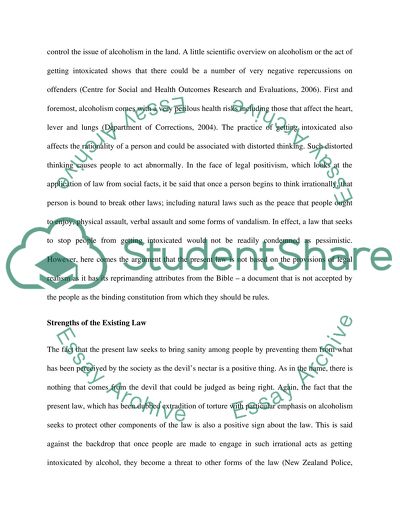Cite this document
(“National Alcohol Action Plan Essay Example | Topics and Well Written Essays - 2000 words”, n.d.)
Retrieved from https://studentshare.org/law/1455243-jurisprudence
Retrieved from https://studentshare.org/law/1455243-jurisprudence
(National Alcohol Action Plan Essay Example | Topics and Well Written Essays - 2000 Words)
https://studentshare.org/law/1455243-jurisprudence.
https://studentshare.org/law/1455243-jurisprudence.
“National Alcohol Action Plan Essay Example | Topics and Well Written Essays - 2000 Words”, n.d. https://studentshare.org/law/1455243-jurisprudence.


